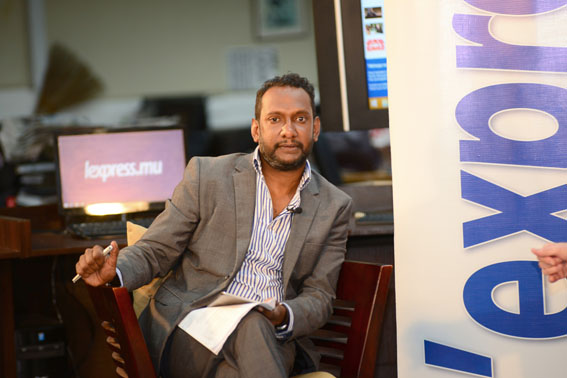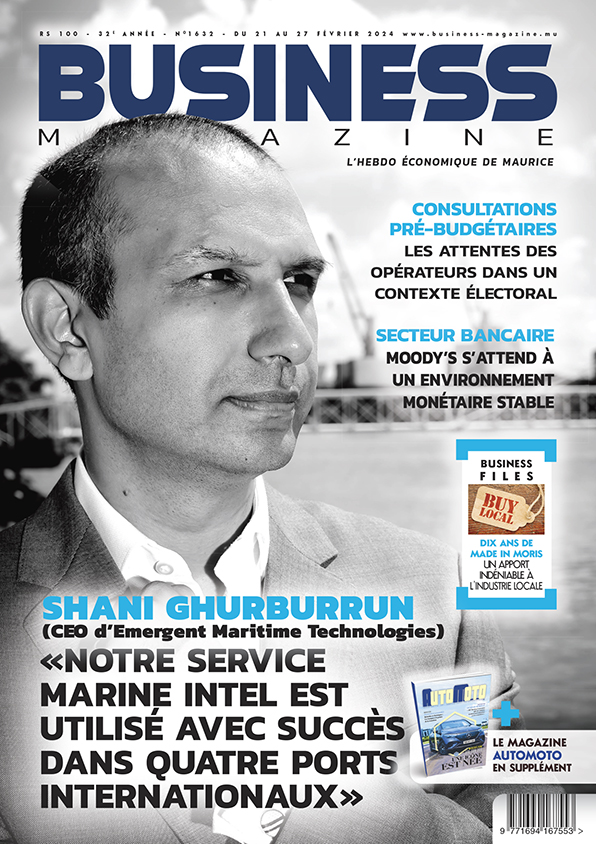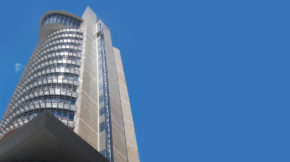Electoral Reform : Running in Circles
Share

THE Cabinet of Pravind Jugnauth, in a late Friday session, launched consultations on a Draft Constitution (Amendment) Bill and yet another Draft Political Financing Bill as preparations for May 1st intensify and political maneuvering and fundraising are well underway.
No one knows the real intentions of the government by revisiting these highly political subjects, but it’s likely seen by strategists at Sun Trust as beneficial for the majority, and undoubtedly at the expense of the opposition. The opposition faces an uphill battle with limited time and resources. “We’ve endured electoral redistricting, we are unclear about the electoral lists that will be in effect, and now without warning, we’re faced with a constitutional amendment and a political financing bill, without knowing when Parliament will be dissolved. It’s a real mess meant to distract us,” a leader of the opposition laments.
Over the past decade, the same actors and parties continue the unresolved dance of electoral system reform. The pace has changed, but stubborn facts and vested interests persist. Let’s review together.
In May 2014, despite the efforts of Rezistans ek Alternativ, Blok 104, the United Nations pronouncement, and pressure from the Supreme Court to eliminate ethnic declarations from legislative candidates, Navin Ramgoolam, Prime Minister, and Paul Bérenger, opposition leader, indicated that electoral reform — a perennial issue in public debate — was as tough as the fight for Mauritius’ independence had been. Consequently, the work needed for a potential electoral system reform was so complex that Parliament could not even sit for many months. The Prime Minister and the opposition leader found this entirely normal as two parliamentarians — Satish Faugoo and Alan Ganoo — out of 68 (less than 3%) were involved for a few hours in a committee.
In the games of Ramgoolam and Bérenger, everything was nearly set in stone. The script, written months earlier by Ramgoolam and Bérenger to reform the electoral system to their advantage, had a clear objective in the pivotal year of 2014: to propose a proportional representation threshold of 10% to eliminate the PMSD and MSM in one fell swoop.
Cornered by this threshold too high for their platform, the blues pushed too far, and Ramgoolam took the opportunity to silence them. However, using a bazooka (the 10% threshold) to target the Jugnauths and Duvals, the leaders of PTr and MMM (mistakenly believing they held 80% of the vote) also decimated all other small parties that could have brought fresh perspectives to the national debate. A gain for two politicians at the end of their careers, and a setback for our young democracy.
As an aficionado of history and his legacy, the leader of the MMM realized they needed a threequarter majority to pass this electoral reform (which was complicated as the PMSD and some true-blue Labourites refused to follow the RamgoolamBérenger duet). So, Bérenger lectured his former opposition partner: “Logically, the nine MSM deputies must vote for it, otherwise MSM must accept its responsibility before history.”
In July 2014, whether it was a minor or major constitutional amendment was a matter of perspective and context. What is Pravind Jugnauth talking about in April 2024? Is the constitutional amendment he will introduce related to political financing (and therefore his direct opponent whose coffers are resurfacing), or is it intended to resolve the ethnic membership issue that, among others, prevented members of ReA from standing as candidates?
Ten years ago, the general acceptance of the Constitution (Declaration of Community) (Temporary Provisions) Bill continued the struggle for a state still navigating its winding road of decolonization and decommunalization. It was a step forward in our nation-building. Just as the MMM, in 1982, had ended the practice of communal census, aimed at confining Mauritians into four communal boxes. Energized by a resounding 60-0, many youths pushed for the complete elimination of the Best Loser System (BLS). However, being pragmatic and having once found refuge behind Anerood Jugnauth’s screen, Paul Bérenger had to curb this popular momentum by explaining to activists that the MMM did not have the mandate to amend the Constitution to rid us of the BLS.
Positioned at the heart of our electoral system in another time, another context, where it was essential to ensure the representation of all community components, the BLS played its communal game over the decades. While some benefited from this perverted system, willingly or reluctantly, it fulfilled its mission. With increasing racial mixing and open-mindedness, the BLS, in our view, has outlived its purpose.
These developments reflect a continuous effort or rather an unending struggle to refine the political landscape in Mauritius, balancing power dynamics and addressing longstanding issues of representation and financing in the electoral process. However, the effectiveness and fairness of these reforms remain points of contention among politicians and the electorate alike. We are running in circles!

















